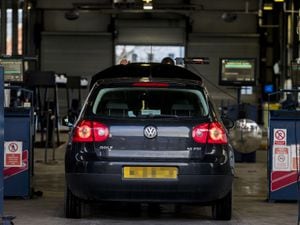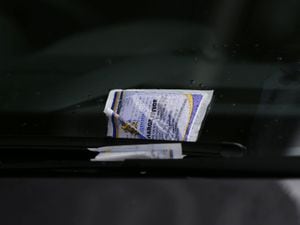Yearly MOT tests to remain after government consultation winds up
Plans to switch to a two-year requirement had been called ‘madcap’ by industry leaders.

Proposals to move MOTs to a two-year requirement have been quashed as a government consultation comes to a close.
The consultation, which was launched in January 2023, was introduced to see whether extending the time between MOTs – as well as pushing back the date of a vehicle’s first test after registration – could be feasible.
In all, the government received more than 4,400 responses to the ‘combined consultation and call for evidence about reforms to MOT testing’.
As a result, the MOT test will remain a requirement each year for cars over three years old, while a new car’s first MOT test will still need to be conducted once it reaches three years old, rather than four as proposed.
Roads Minister Guy Opperman said: “We have listened to drivers and industry, and keeping MOTs in their current form shows once again that we are on the side of motorists.
“By offering clarity on MOT tests, alongside our recent street works consultation and unprecedented £8.3 billion to resurface roads, we are helping motorists drive with peace of mind and ensuring Britain’s roads continue to be some of the safest in the world.”
The government will also ‘further investigate’ on how to improve the level of monitoring of diesel vehicle emissions through the Driver and Vehicle Standards Agency (DVSA) that ‘will include whether testing should do more to ensure that diesel vehicles comply with emissions regulations’.
Simon Williams, RAC head of policy, said: “It’s great news the madcap idea of changing the MOT from every year to every two has finally been consigned to the bin.
“This would have seriously compromised road safety and ended up costing drivers more money rather than less as it was supposed to do, due to dangerous issues going undetected and getting progressively worse. This is why the idea was so widely unpopular with the motoring public in our research.”





